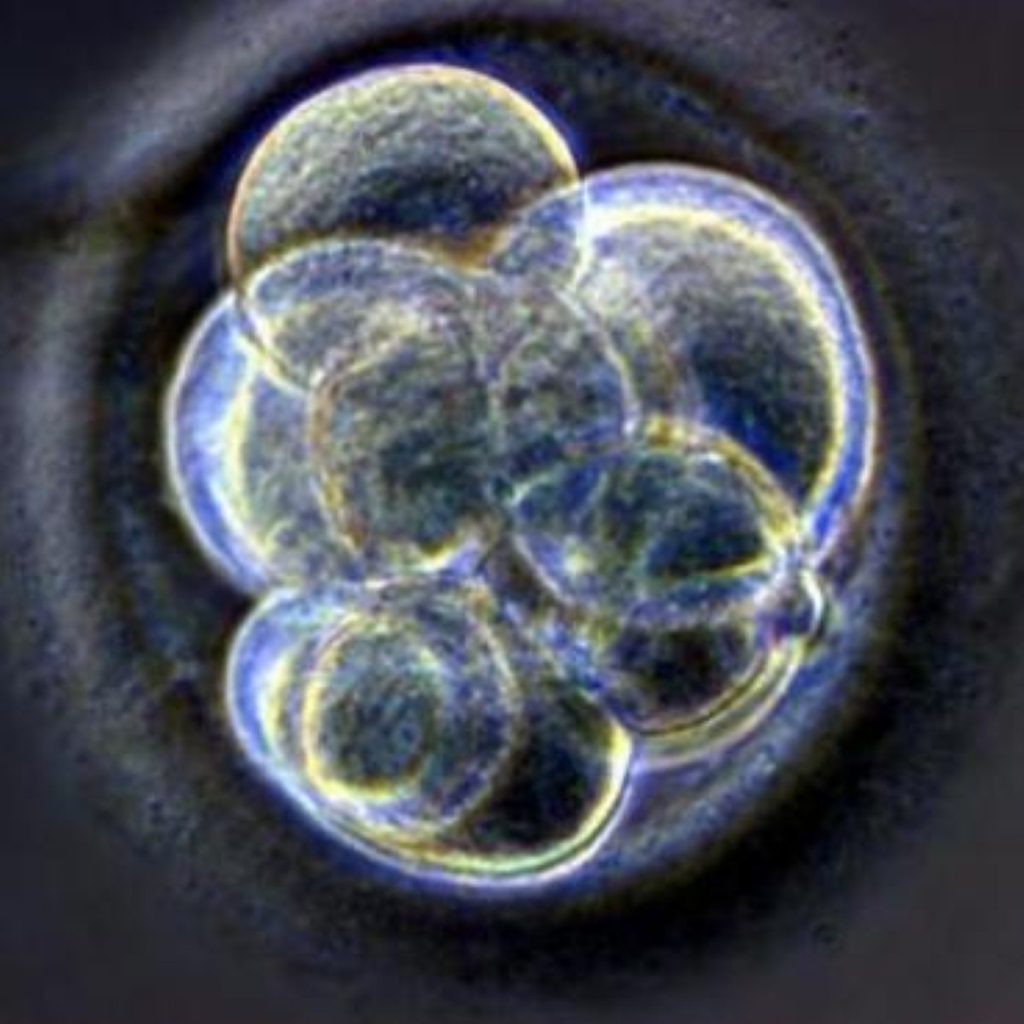MPs tackle controversial embryology bill
The controversial human fertilisation and embryology bill passed its second reading in the House of Commons last night.
Yesterday’s debate foreshadowed the deep divisions likely to be unearthed next Monday and Tuesday, when the bill is considered in much greater detail by MPs.
The human fertilisation and embryology bill makes provisions for the creation of hybrid embryos for research that scientists say is vital for understanding and treating debilitating diseases such as Parkinson’s.
Fierce debate has been caused by the proposal, with opponents including leading church figures describing the research as unethical.


Controversy has also been created by proposed amendments to the bill including calls to lower the abortion limit from 24 to 20 weeks.
Health secretary Alan Johnson, introducing the bill at second reading, said the fusing of animal and human cells in the 1960s had proved crucial to major scientific developments.
“The government believes that it is important to bring this new and exciting scientific development within the strict legal and ethical framework that the bill provides,” he said.
But the Conservatives accused the government of a U-turn on the issue, saying they had intended to avoid legislation on the issue as recently as last year.
Shadow health secretary Andrew Lansley claimed “the government will need to explain their change of mind” but backed the bill’s progress at this stage, adding: “I believe that science prospers when the ethics of research are also strong.”
The Conservatives opposed the government’s timetabling of the debate, saying not enough time was being given to key sections of the bill. But the programme motion was passed by 265 votes to 149, while the bill was passed at second reading stage by 340 votes to 78.
Concluding the debate, health minister Dawn Primarolo finished: “This is about introducing regulation that takes us into the 21st century. Not to do so would be a lost opportunity.”
Earlier this year the prime minister was forced to give Labour MPs a free vote on three issues.
The first is on hybrid embryos and the second is the proposal that IVF clinics should no longer require the need for a father in deciding whether to offer treatment.
The third issue is the development of so-called ‘saviour siblings’ who would be able to help older brothers and sisters with genetic problems.
MPs will vote on these individual issues next week.

